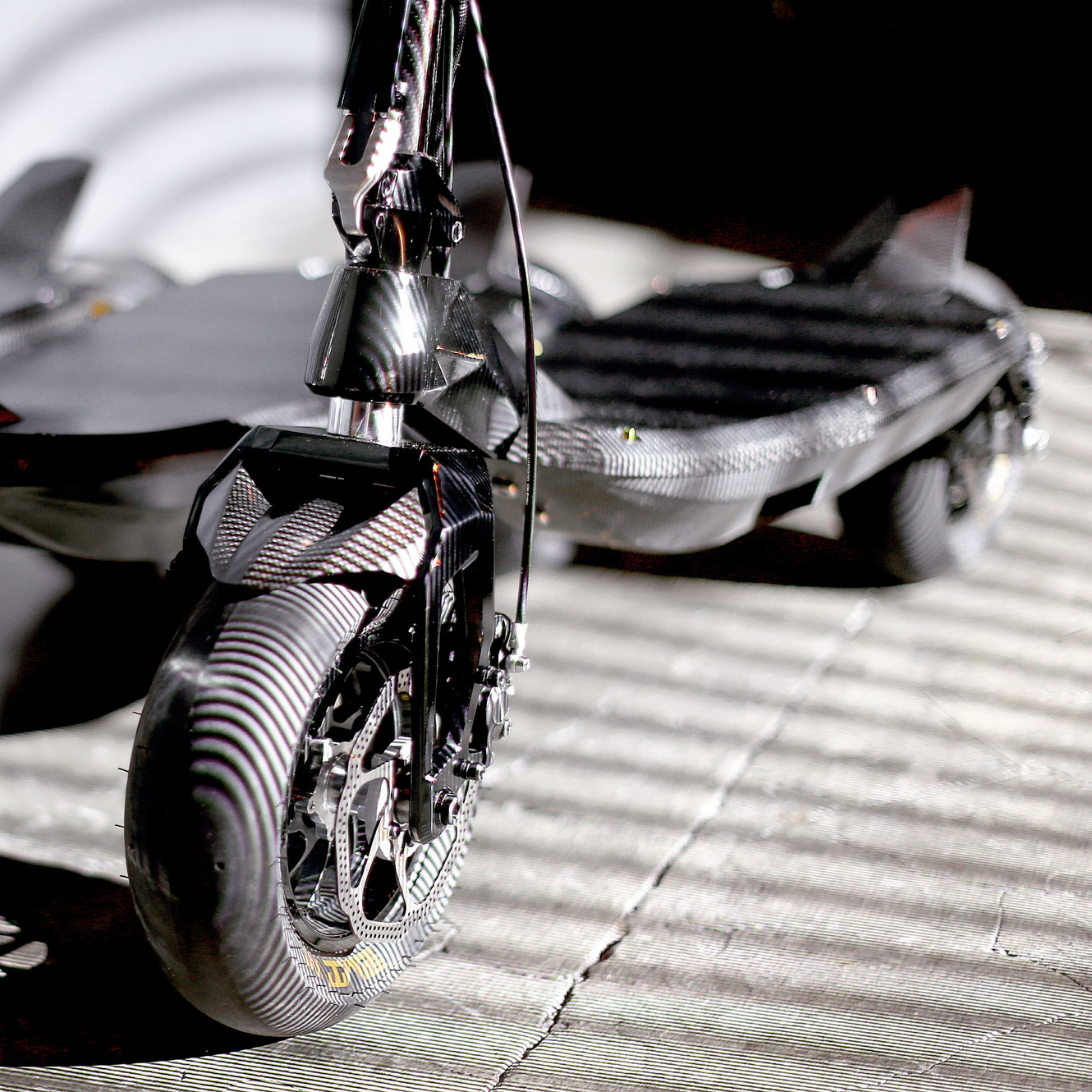I think you nailed it here. There's a reason Piaggio is in the club. This isn't for the US or Canada, and I'll be very surprised if we see anything here. It's for cities in Europe and Asia, where scooters are used to commute and shop with short-hop trips in urban settings. One thing I saw mentioned is the difficulty people who live in high-density urban environments have with home charging, as they rarely have secured parking. This addresses that problem on two fronts: first, you can swap a battery as necessary without needing to charge; and second, you can bring a battery indoors to be charged with a plug-in station. As a bonus, it helps reduce theft, as a potential thief would need to provide their own battery to ride something away.
The other market for this is courier and delivery services, who can quickly swap batteries to keep a bike on the road. Motorcycle couriers are big business in European cities, as vans just get stuck in traffic.
The upshot of this could be a significant reduction in emissions from places that struggle the most with air quality, so I'm really hoping this takes off. It could make a meaningful difference in a lot of places...
Side streets and back alleys in Rome are FULL of scooters that everyone uses for daily transportation around town. They're parked - and packed - everywhere. Almost no one has private garages. Forget EV charging the way we think of it. There's a reason a Fiat 500 is as small as it is, but getting around on two wheels is ten times better yet.
That's what this battery-swapping is for. Rome needs help with air quality, so there is a big motivation to go electric, but there's nowhere to park, nevermind plug in a vehicle to recharge overnight.

























